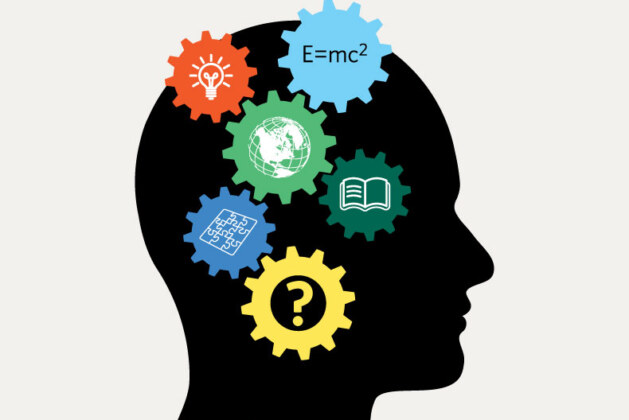In today’s interconnected world, knowing more than one language is more than just a communication skill—it’s a cognitive superpower. Scientists and educators have discovered that bilingualism not only helps people connect across cultures but also transforms the brain in fascinating ways. From sharper memory to better problem-solving, bilingual brains are wired differently.
Table of Contents
Introduction
When people hear the word “bilingualism,” they often think of someone who can switch between two languages with ease. But bilingualism is much more than that—it’s about how the brain adapts, processes, and strengthens itself through the constant practice of managing two language systems. Research in neuroscience and psychology has shown that being bilingual reshapes the way our brain works, often leading to long-term cognitive advantages.
Let’s dive into the science of bilingualism and explore how it enhances memory, focus, creativity, and even protects the brain against aging.
The Brain on Bilingual Mode
Our brain is like a muscle—the more we use it, the stronger it becomes. For bilinguals, switching between languages acts like a mental workout. This constant juggling forces the brain to focus, filter, and select words efficiently, strengthening executive functions such as attention control and decision-making.
Neuroscientists have found that bilingual individuals activate different parts of their brain compared to monolinguals, especially the areas responsible for multitasking and problem-solving. This means bilingual people often excel at tasks that require mental flexibility.
Memory Boost and Attention Skills
One of the most remarkable benefits is its effect on memory. Learning and using two languages strengthens working memory, the part of the brain that helps us retain and process information in the short term. This is why bilingual individuals often perform better at remembering lists, instructions, and even names.
In addition, bilingualism improves selective attention—the ability to focus on what matters while ignoring distractions. Imagine being at a crowded café; a bilingual brain is better at tuning out background noise and focusing on a conversation.
Problem-Solving and Creativity
Managing two languages requires constant decision-making: which word to use, which grammar rule applies, and when to switch. This enhances problem-solving skills, because the brain gets used to thinking in flexible, adaptive ways.
Bilingual individuals are also often more creative. Switching between languages helps them see problems from different perspectives and encourages divergent thinking—the ability to generate multiple solutions for a single problem.
Delaying Cognitive Decline
Perhaps one of the most fascinating discoveries about bilingualism is its impact on aging. Studies have shown that bilingualism may delay the onset of cognitive decline and diseases like Alzheimer’s by several years. The mental workout of managing two languages builds a form of cognitive reserve, which keeps the brain resilient even in old age.
This doesn’t mean bilingualism prevents dementia, but it strengthens the brain’s ability to cope with it, giving individuals more years of healthy brain function.
Bilingualism in Children vs. Adults
Many people assume children benefit the most from bilingualism because of their ability to absorb languages quickly. While it’s true that children have an easier time achieving fluency, adults also gain significant cognitive benefits from learning a second language.
For children, bilingualism enhances academic skills, literacy, and even empathy, since they are exposed to multiple cultures. For adults, learning a second language can be a powerful way to boost memory, sharpen the mind, and keep the brain young.
Bilingualism in a Global World
In today’s globalized society, it is not just an advantage—it’s becoming a necessity. From job opportunities to cross-cultural friendships, knowing two languages opens doors that go far beyond the classroom. But the real magic lies in how it reshapes the brain, making us better learners, thinkers, and problem-solvers.
Conclusion
Bilingualism is not just about communication—it’s about cognition. From boosting memory and attention to enhancing problem-solving and delaying brain aging, the benefits are profound. Whether learned in childhood or adulthood, a second language acts as a gym for the brain, building mental strength that lasts a lifetime.
So, the next time you practice a second language, remember: you’re not just learning words—you’re training your brain for a smarter, healthier future.
Read More: GigFly – Freelancing Marketplace connects businesses with freelancers




